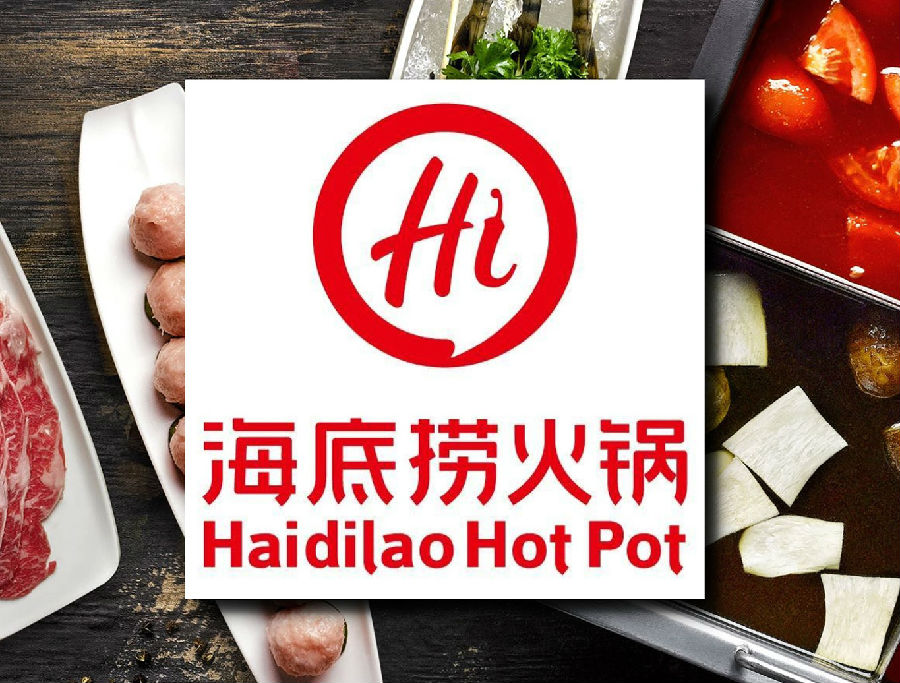But Sichuan-style broths are the most commonly savoured in China. In recent years their popularity has been booming. China has around 350,000 hotpot restaurants. About 40,000 of them are said to be in the Chongqing region alone. Hotpot restaurants in China are more profitable than other kinds, according to iiMedia, a consultancy. Haidilao, a well-known Sichuan-based hotpot chain, raised nearly $1bn when it was listed on the Hong Kong exchange in September. The company is taking its hotpot global. It expanded into Canada in December. Branches are set to open in London later this year.
但川味火锅汤在中国最受欢迎。近年来,受欢迎程度一再跃升。中国大约有35万家火锅店。仅重庆地区就有4万家火锅店。根据咨询公司iiMedia的数据,在中国,火锅店比其他类型的餐饮店利润更高。总部位于四川的知名火锅连锁企业海底捞去年9月在香港交易所上市时筹资近10亿美元。海底捞正将火锅带向全世界。去年12月,海底捞在加拿大开了第一家分店。今年晚些时候还将在伦敦开分店。

The more adventurous tastes of younger Chinese are fuelling demand. One-third of customers at hotpot restaurants in China are aged between 25 and 30, iiMedia says. They often have little time to cook at home and are unburdened by child-care duties. They like the social aspects of sharing hotpots. Round-the-clock restaurants are sprouting up to allow leisurely feasting.
中国年轻人敢于尝试新口味,这刺激了火锅需求的增加。iiMedia表示,中国火锅店三分之一的顾客年龄在25岁至30岁之间。这些顾客通常很少在家里做饭,也没有照顾孩子的重担。他们喜欢一起吃火锅的社交功能。24小时营业的餐馆如雨后春笋般涌现出来,人们可以悠闲地享用美食。
While younger Chinese are increasingly health-conscious, they seem to brush off regular hotpot-hygiene scandals. A viral video of a pregnant woman fishing a rat from her broth caused a cooling in the shares of Xiabuxiabu, a chain restaurant named after a Japanese style of hotpot, but they heated up again a few days later. Haidilao even won plaudits when it admitted that rats had been found in some kitchens and vowed to clean up its act. News of other businesses reusing weeks-old oil in the broth is greeted with a shrug. The grubbiest hotpot joints are usually the best, young people often say with a grin.
中国的年轻人虽然越来越注重健康,但似乎对火锅卫生丑闻不以为意。呷哺呷哺是一家以日式火锅命名的连锁餐厅。近日,一段很火的视频中,一名孕妇在呷哺呷哺的火锅里夹出一只老鼠,此事导致呷哺呷哺股票大幅下跌,但几天后,股价再次回升。海底捞甚至承认在某些店的厨房里发现了老鼠,并承诺要整顿自己的行为,此举赢得称赞。有消息称,其他火锅店在汤里重复使用了几周的老油,人们对此只是耸耸肩。年轻人经常笑着说,最脏的火锅通常是最好吃的。
Not all Chinese warm to hotpot. Some older Sichuanese disown it altogether. They complain that it is causing an escalation of chilli-use in other dishes that drowns out subtle flavours. Chua Lam, a celebrity food critic based in Hong Kong, caused a stir in December when he wished hotpot would disappear from the face of the Earth. He dismissed it as “the most uncultured form of cooking”, requiring no real culinary knowledge.
并非所有中国人都喜欢吃火锅。一些上了年纪的四川人声明并不钟情于火锅。他们抱怨火锅的流行导致其他菜肴辣椒的增多,掩盖了原来微妙的味道。去年12月,香港著名美食评论家蔡澜表示自己希望火锅从世上消失,语惊四座。他认为这是“最没有文化的烹饪方式”,不需要真正的烹饪知识。
But Chengdu’s plans for a museum suggest that Sichuan hotpot is not only growing in popularity, but is also becoming iconic. If it can set the West on fire, officials may hope it will become a delicious new source of Chinese soft power. There will be plenty of glory for both Chengdu and Chongqing to bask in if that happens.
但成都的博物馆计划表明,四川火锅不但越来越受欢迎,而且正在成为标志性的东西。如果它能点燃西方味蕾,当局可能希望火锅将成为中国软实力的一个美味新来源。如果能实现这一目标,成都和重庆都将获得无上荣光。
译文由可可原创,仅供学习交流使用,未经许可请勿转载。













